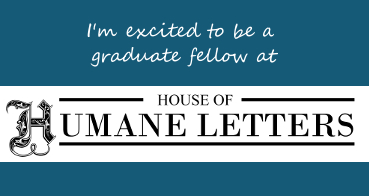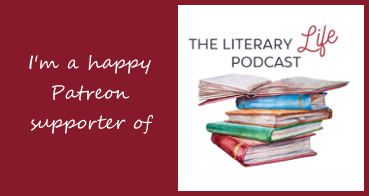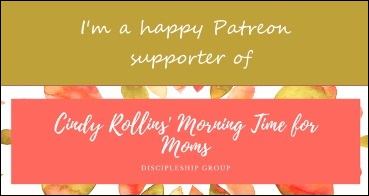I am currently reading A Circle of Quiet, the first of Madeleine L’Engle’s Crosswicks Journals. She uses and discusses the word ‘ontology’ a lot in these writings, and it’s really making me a little crazy because, although I’ve looked up the definition — just about every time she uses it, I can’t seem to wrap my head around the meaning and how she is using it each time. From Google’s dictionary:
noun: ontology; plural noun: ontologies
She also uses the word as an adjective and adverb — ontological, ontologically, which really makes me a little nutty. Ontology was actually her word for one summer, and the best I can make of it at this point is that she was trying to be and connect to her real human self (and to others, I assume) as best she could. Who am I really…deep down? What is the real essence (which, of course, means ‘being’) of me? At one point L’Engle comments,
“The most ‘whole’ people I know are those in whom the gap between the ‘ontological’ self and the daily self is the smallest. The Latin integer means untouched; intact. In mathematics, an integer is a whole number. The people I know who are intact don’t have to worry about their integrity; they are incapable of doing anything which would break it.”
Where have I heard something very similar recently? Ding! Ding! From Miss ‘Science of Relations’ herself! From Charlotte Mason’s Ourselves:
We know that an integer is a whole number; and a man of integrity is a whole man, complete and sound….It is a fine thing to look back upon even a single year in which the tasks that came to hand have been done, wholly done, in which we have kept our integrity — as son, in such small matters as exactness in messages; as pupil or student, by throwing our whole mind in our work. Even games want the whole of the player, they want Integrity.
Both of these women spoke of Wholeness; Mason adds ‘complete and sound’, L’Engle, ‘untouched; intact’. Who we really are. Not messed with. It also reminds me of something Francis Schaeffer said about what it actually means to be only human. And that is another post.
L’Engle ends one journal entry with:
So my hope, each day as I grow older, is that this will never be simply chronological aging — which is a nuisance and frequently a bore — the old ‘bod’ at over half a century has had hard use; it won’t take what it did a few years ago — but that I will also grow into maturity, where the experience which can be acquired only through chronology will teach me how to be more aware, open, unafraid to be vulnerable, involved, committed, to accept disagreement without feeling threatened (repeat and underline this one), to understand that I cannot take myself seriously until I stop taking myself seriously — to be, in fact, a true adult.
To be.






